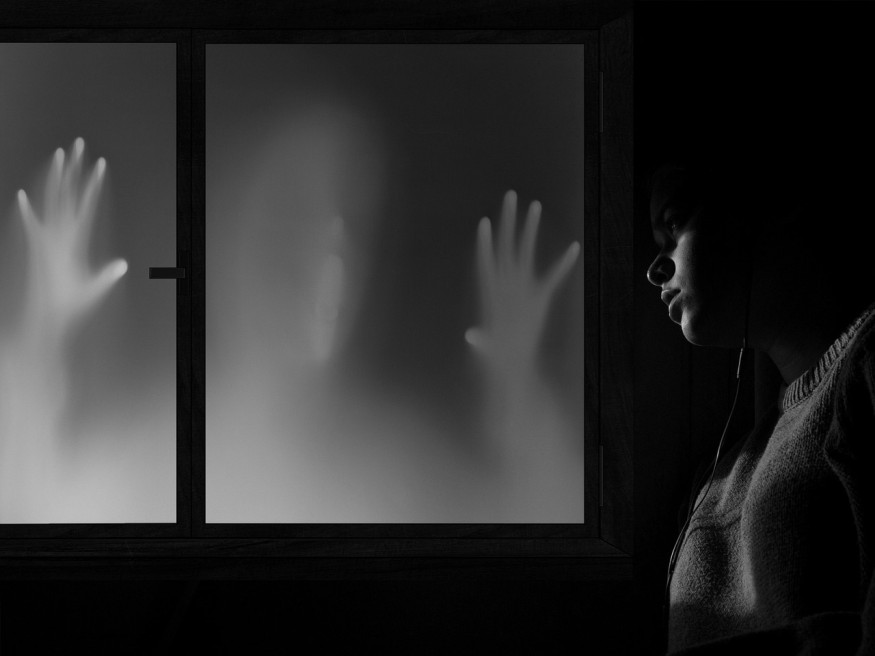Earlier this year, psychologists have identified the traits that may make a person more prone to experience auditory hallucinations or hear voices of the dead. The research shows that these people are predisposed to high levels of absorption in tasks, have unusual childhood auditory experiences, and are highly susceptible to auditory hallucinations.
Previous studies reveal that clairaudient mediums are more common than people might expect. As many as 50% of people claim hearing voices of deceased loved ones during grieving, while some Christians claim to occasionally hear and communicate with God.

Spiritualism: When the Living Hears the Dead
Psychologist Peter Moseley of Northumbria University in the UK wrote in The Conversation earlier this year that people who claim to hear voices from dead people are closely related to the belief of spiritualism, which is a quasi-religious movement based on the concept that people continue to exist even after leaving their physical bodies.
Those who practice spiritualism believe that these "spirits" communicate with living people via "mediums." Spiritualism started in 1848 with the Fox sisters, Maggie and Kate, who claimed to hear a spirit knocking on the walls. In their case, the medium they used is clairaudient, while those who can see spirits are considered clairvoyant.
Since then, this movement has endured and gained popularity that has grown in recent years in the UK and the US. But how does science explains this phenomenon?
ALSO READ : What Is Shared Psychosis and How To Treat It
Absorption Predicts Auditory Hallucinations
Moseley teamed up with psychologist Adam Powell of Durham University to conduct their study, titled "When Spirits Speak: Absorption, Attribution, and Identity Among Spiritualists Who Report "Clairaudient" Voice Experiences," was published in the journal Mental Health, Religion and Culture.
According to Science Alert, the team surveyed 65 clairaudient mediums from the Spiritualists' National Union based in the UK and 143 general population members. They found that 44.6% of spiritualists reported hearing voices every day, while 79% said the experiences were part of their daily lives.
On the other hand, the general population reported lesser auditory hallucinations than spiritualists, who were less likely to care what other people thought of them. On average, spiritualists said that they started hearing voices at the age of 21.7 years old. These people also reported high absorption rates, which describes their total immersion in mental tasks and activities that affect how they tune in on the outside world.
Moreover, they also reported having more hallucination-like experiences and that they only came across spiritualism while they were looking for answers to their experiences. Meanwhile, people from the general population with high absorption rates were also strongly correlated with belief in paranormal but had little susceptibility to auditory hallucinations.
But both groups showed no differences in the levels of belief in the paranormal and susceptibility to visual hallucinations.
How Do These Auditory Hallucinations Relate to Schizophrenia?
Powell told Science Focus in an interview that most of their study corroborated the idea of hearing voices of dead people in the spectrum of schizophrenia. "Depending on the survey, anywhere from 5 to 15 percent of the general population hears voices in their lifetime, and if you broaden that to any kind of hallucinatory experience, it increases to 30 to 60 percent," he said.
However, there are instances when this is accepted and not seen as pathological, such as when hearing the voice of a recently deceased loved one during grieving is common, and both socially and culturally accepted.
Researchers hope their findings could help better understand the auditory hallucinations in schizophrenia and other related mental disorders.
RELATED ARTICLE: Pseudo-Hallucinations? Take This Simple Test and See If You Generate Mental Images Better Than Others
Check out more news and information on Psychology in Science Times.
© 2026 ScienceTimes.com All rights reserved. Do not reproduce without permission. The window to the world of Science Times.










